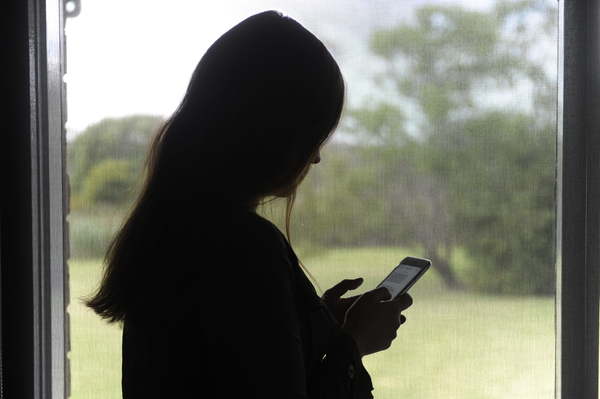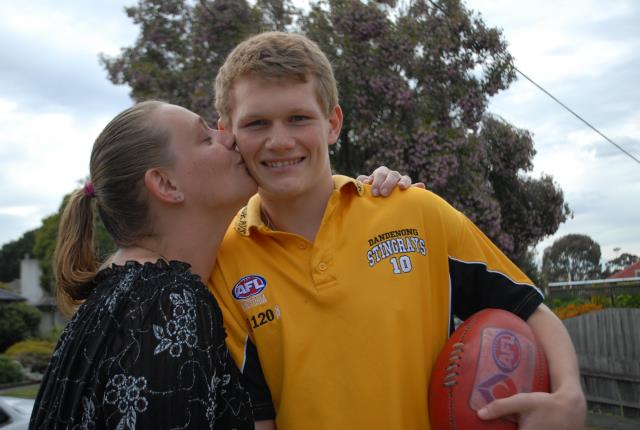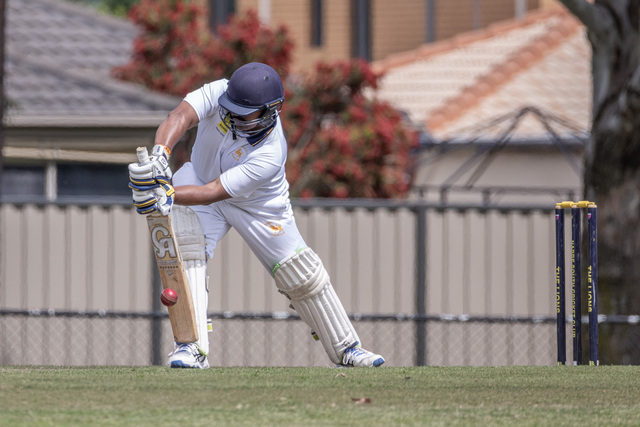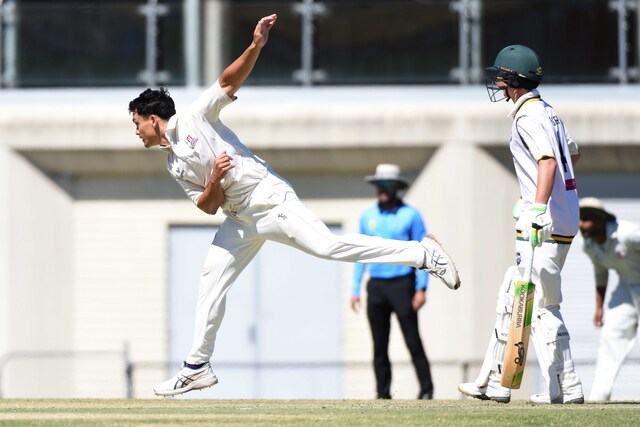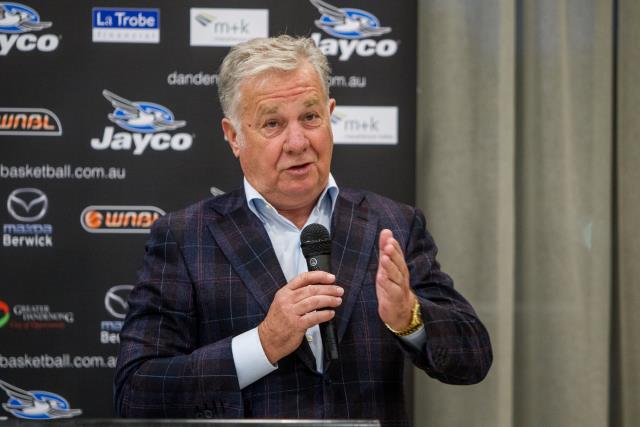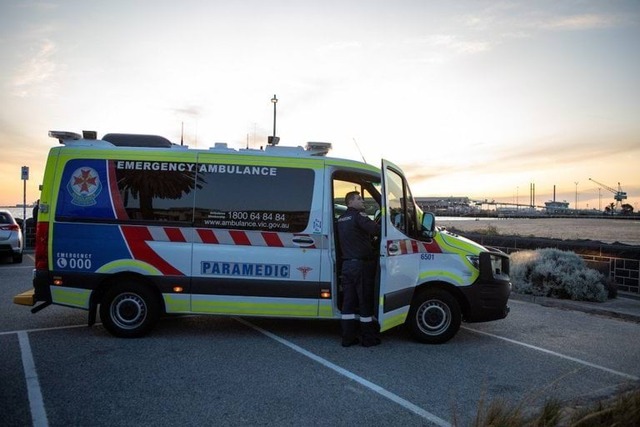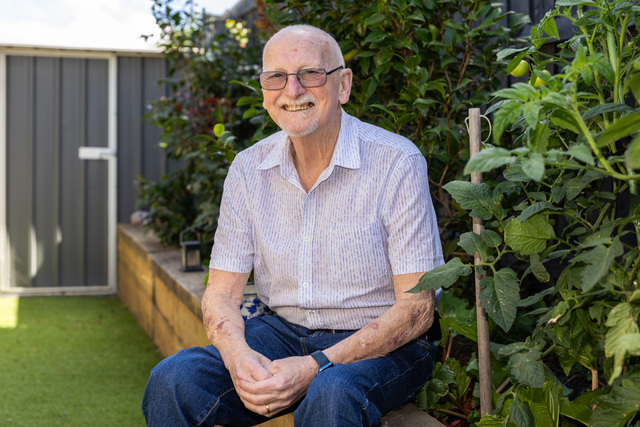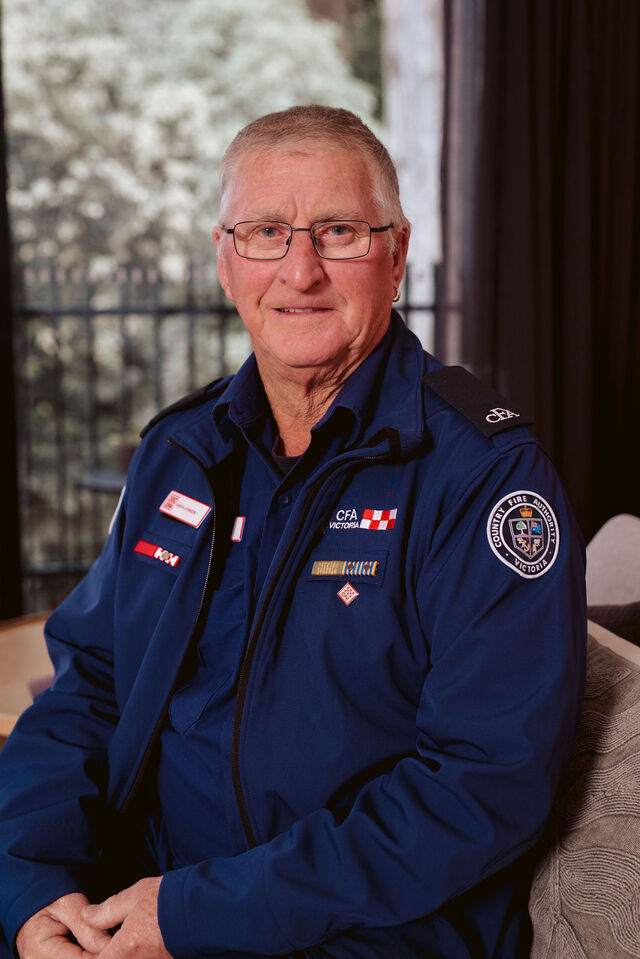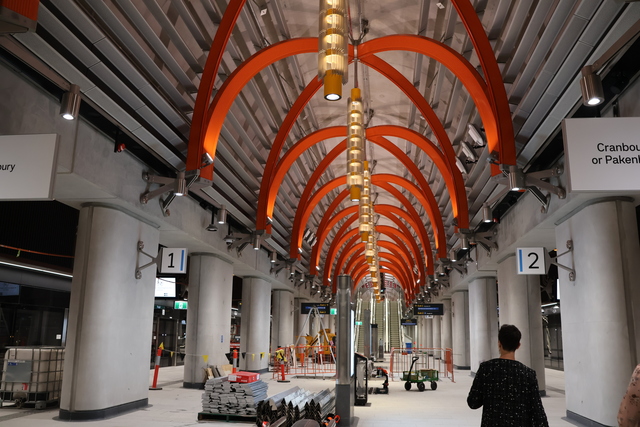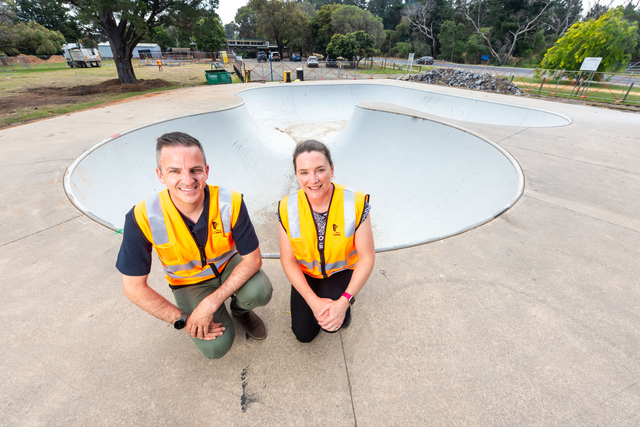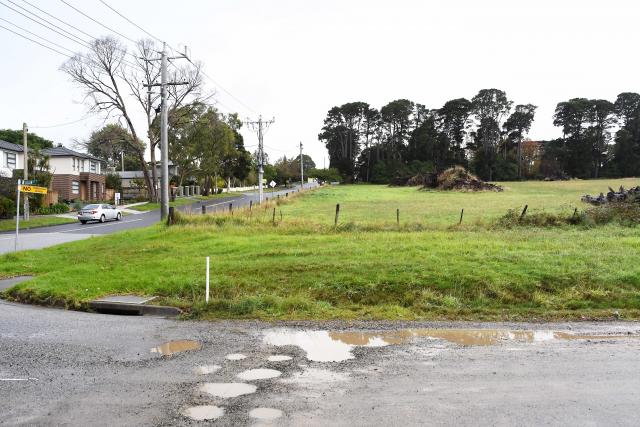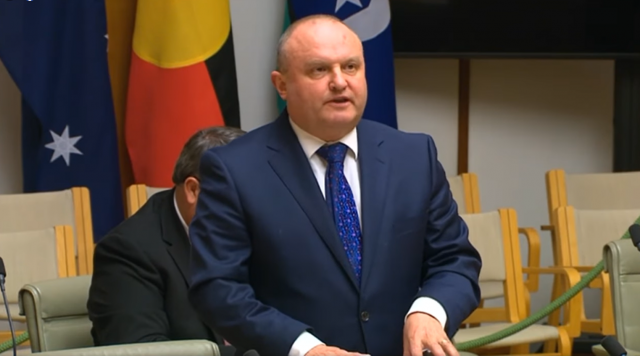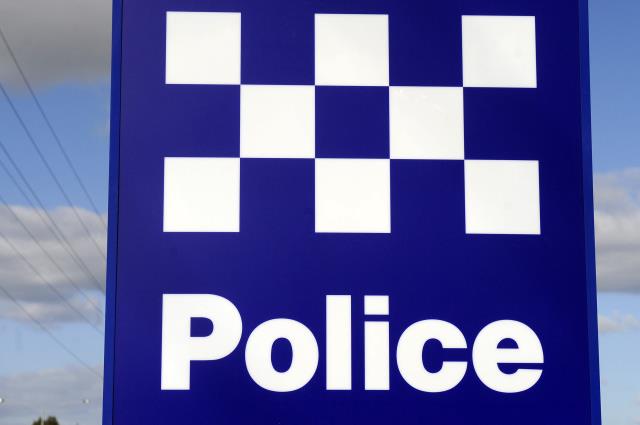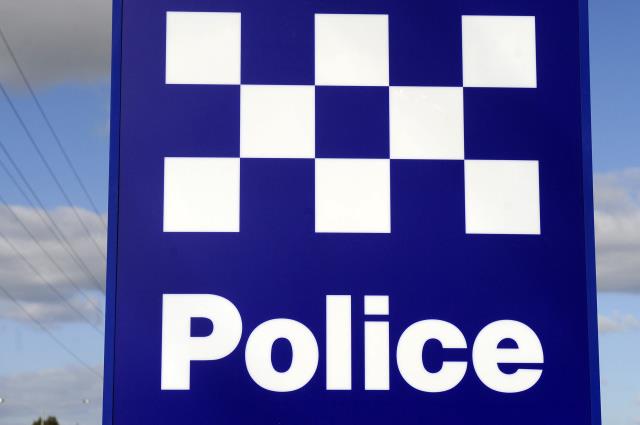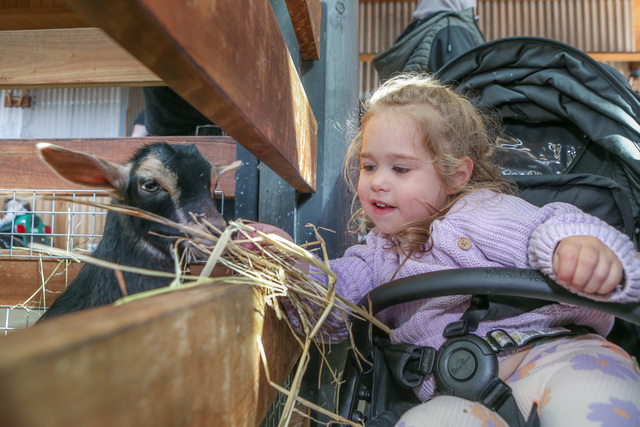A new campaign launched by the State Government is encouraging people to speak out and take a stand against family violence, as they urge people from all backgrounds and corners of the state to “unpack what respect means” over 16 days of activism.
The Respect Women: Call It Out campaign was launched on Wednesday 25 November and will run until Thursday 10 December, hoping to spark discussions about domestic violence and get help to those in need, many of whom were housebound throughout the 2020 lockdowns.
Minister for the Prevention of Family Violence and Member for Dandenong, Gabrielle Williams, said that the initiative “illustrates the importance of leading with respect and equality in all relationships”.
“This is how we drive down family violence – and how we acknowledge the role each of us must play,” Ms Williams said.
The campaign will span TV, radio, print and digital media and be translated into six different languages, to spread the message far and wide throughout our diverse communities.
Dandenong not-for-profit and family violence support centre, Wellsprings for Women, noticed an “unprecedented” number of women being referred to them for support during the pandemic, many from migrant and refugee backgrounds.
Wellsprings for Women’s CEO, Dalal Smiley, said that the organisation was concerned that migrant and refugee women were often “under-serviced, overlooked and sidelined” when they disclosed their experiences of family violence.
Ms Smiley said that it had “been quite tough” this year as “the lockdown and restrictions meant that women already in abusive relationships became trapped with no avenue for relief”.
The team at Wellsprings had acted as a support network for these women during lockdown, regularly calling up to check on them and ensuring that they were safe.
“During the lockdown they just had no respite, no relief,” Ms Smiley said.
“If they used to go out and attend classes, or do things outside the home, they suddenly couldn’t – and that had provided them with some way of coping with their situation.”
Due to the forced Covid lockdowns, Wellsprings had to learn to adapt to provide services for these women remotely, and so in March, they began transitioning most of their classes online.
Ms Smiley said that many of their clients were from migrant or refugee backgrounds and had low literacy and numeracy levels in English, as well as low digital literacy skills.
This inspired Wellsprings to quickly apply for grants, allowing the organisation to help over 90 women obtain laptops and PCs and train them in how to get online and use Zoom, so that they could still join their classes, which were available in many languages, whilst stuck at home.
“It kind of pushed them to learn more about technology and become confident, and at the same time it’s pushed us as an organisation to consider this as a future way of delivering programs on an ongoing basis,” Ms Smiley said.
As part of the 16 days of activism campaign, Wellsprings for Women will be running two online seminars in the coming weeks; one about ‘dowry abuse’ on Thursday 3 December and another on ‘migrant and refugee men speaking out on migration and gender roles’, being held on Thursday 10 December.
Both seminars will be run online and give attendees the chance to hear from different experts and survivors on each separate topic, with spaces still available for each session.
Whilst dowry abuse is a complex form of family violence that targets a specific community, Ms Smiley said that the second seminar for men was more broad and will take a deeper look “at the impact of migration on migrant and refugee men and how they understand gender and gender equality”.
Ms Smiley said that when Wellsprings took a look at what kind of programs were available to men in relation to family violence, they found most were aimed at rehabilitation and there was a gap in the market for preventing and addressing the issue early.
“We found that no one is talking to the men about these issues,” Ms Smiley said.
“That’s when we did this research and talked to migrant and refugee men about what their understanding of gender equality was before coming to Australia, and what it meant for them when they came here in adjusting.”
Ms Smiley said that it was important to be discussing these issues on a wide scale with campaigns such as the 16 days of activism and bringing awareness to the community, especially for those from migrant and refugee backgrounds.
“It’s not that straight forward or easy for a woman to leave. There are a lot of barriers that she faces in making that decision – and especially amongst migrant and refugee women,” she said.
Whether it’s because of her visa, losing her support network, having no job and relying solely on her partner financially or because she’s being threatened, Ms Smiley said that “it is much more complicated and fraught with risks” for women in abusive relationships from migrant backgrounds.
To join one of the seminars or to get in contact with the team at Wellsprings, visit https://www.wellspringsforwomen.com/ for more information.
If you are experiencing family violence, contact Wellsprings for Women on 9701 3740 or Safe Steps 24/7 on 1800 015 188, safesteps@safesteps.org.au or by webchat at safesteps.org.au/chat
The Men’s Referral Service is available on 1300 766 491 to assist those concerned about their own behaviour.
In an emergency, call 000.

